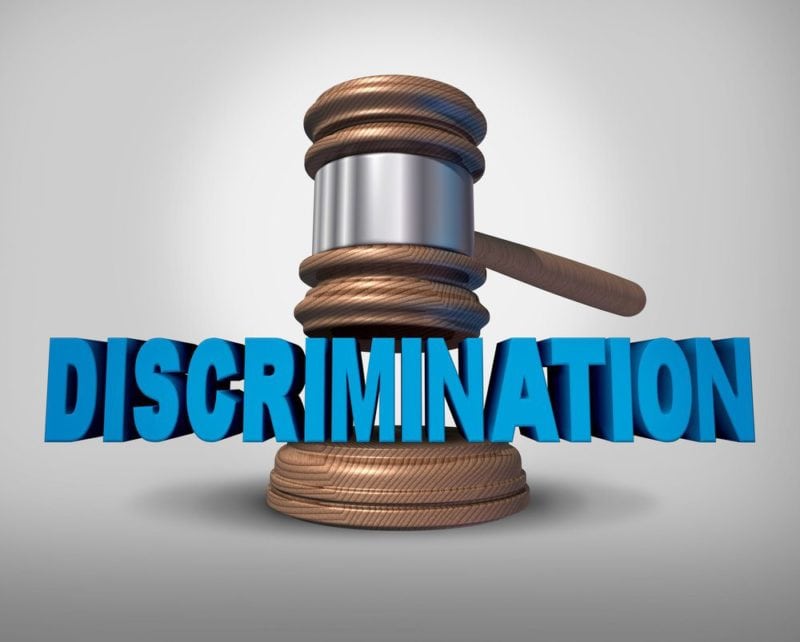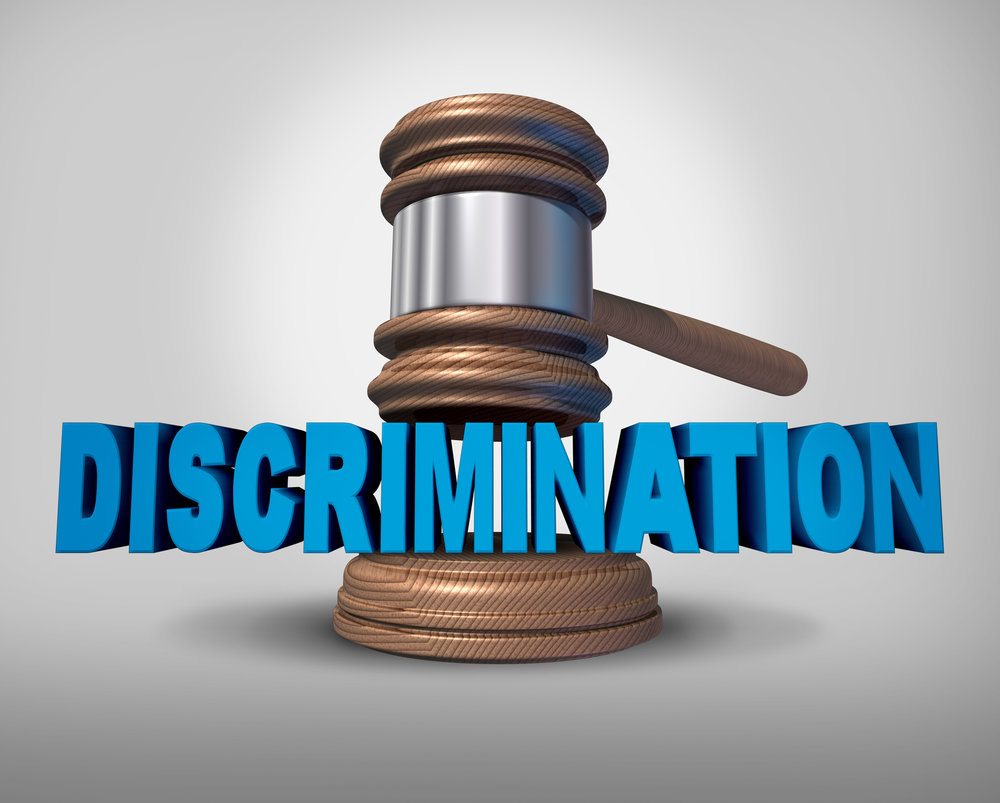
Posted on June 18th, 2018
Sometimes, you can’t control everything in the office. Therefore, an employee can experience discrimination and can sue your company without you even being directly involved!
Here are some tips on how to protect yourself against employee discrimination lawsuits.
The Equal Employment Opportunity Commission has reported a steady increase in employee discrimination suits over the last few years. Whether you run a small privately owned company or a large corporation, you need to be aware of the rights your employees have to be free from discrimination under the law, and how to protect yourself from costly and time-consuming litigation.
Here are five important issues that every employer should be aware of in order to avoid discrimination lawsuits.
1. #MeToo Has Raised Awareness of Sexual Discrimination
Claims against high powered employers like Harvey Weinstein and the outcry of women telling stories about toxic workplaces have raised awareness of this societal issue.
Things that may have been seen as trite before like silly jokes and friendly hugs in the workplace are now under a microscope and may no longer be tolerated. Behavior which once may have been seen as acceptable could be perceived negatively by certain employees.
Employers should be vigilant with regard to their policies and practices which protect their employees at work. With employees more educated on what is not permissible, they may be more likely to bring claims against real or perceived grievances.
Some employers may choose to take a proactive approach to prevention by hosting information or training sessions.
These events keep their staff updated on acceptable behavior, possible risks to non-compliance, and the importance of respecting each other at work. They also give employees a chance to be heard, which usually improves your workplace morale.
2. Discrimination Can Be Claimed By Any Protected Class
The Equal Employment Opportunity Commission (EEOC) is responsible for enforcing federal laws that make it illegal to discriminate against an employee who is a member of a protected class.
These classes are defined as:
- Race
- Color
- Religion or creed
- National origin or ancestry
- Sex
- Age
- Physical or mental disability
- Veteran status
Most employers with at least 15 employees are covered by the EEOC.
These definitions can be broadly interpreted. For example, discriminating against pregnant women is considered illegal because pregnancy is a condition experienced only by women, a protected class.
Discriminating against transgender people may also fall under these protected categories, depending on what state you live in.
When working to remove bias and discrimination from your workplace, you need to take into consideration individuals who belong in any of these categories.
You must make sure that older employees are not treated differently because of their age. You may not treat people with disabilities differently, even if you think you are being sensitive to their special needs.
The broader your anti-discrimination policy, the more protected you will be against potential discrimination lawsuits.
3. There Doesn’t Need to Be Touching to Claim a Hostile Work Environment
One basis for employment-related claims which has become more common is the claim based on a hostile work environment.
An employee does not have to have been touched inappropriately to have the ability to make this claim. They do not even have to be the subject of sexual harassment: some people have been able to sue employers when they worked in an environment where others were being inappropriately treated.
Nude or provocative photographs displayed in an office cubicle, or a pattern of teasing or insults can all lay the groundwork for a hostile work environment claim.
Most important is the employer’s reaction. If you hear that an employee is being insulted, teased or is unable to do their job because of harassing behavior, it is your responsibility as the boss to address the situation. Don’t blow anything off as frivolous because there perception may be (often is) different than yours.
Failure to stop harassment is a key component to this kind of lawsuit, so stop this kind of activity as soon as you can.
4. You Can’t Fire Someone For Making a Claim, Even if it is Baseless
The EEOC protects employees from retaliation. That means that if an employee makes a claim of discrimination against you, you can’t fire them. You also cannot demote them, or change their job in such a way that makes them want to quit.
It can be frustrating for employers when an unsatisfactory employee raises a claim which suddenly gives them this kind of protection.
Many bosses tell stories of employees who have been given numerous warnings and who suddenly insulate themselves by raising claims of discrimination.
Unfortunately, once the claim has been made, you can’t make matters worse by removing the complaining employee from the workplace.
it is important to consult with an attorney who specializes in workplace issues and defending employers to learn how to proceed in a situation like this.
5. Proper Policies and Procedures are a Critical Protection Against Discrimination Lawsuits
A good employment attorney will advise that one important way to protect yourself from workplace discrimination claims is to produce and distribute a clear and compliant employee handbook.
The handbook should carefully and clearly lay out what is not permitted in the workplace, and what the processes are for employees who experience prohibited behavior.
The department or individual in charge of human resources in your company must be fully versed in the latest legislation governing this area. They should work with your employment lawyer to review the handbook regularly to make sure everything is up to date.
It is also recommended that regular training sessions be held in the workplace to educate employees about their rights and what to do if they feel they have been discriminated against.
Employees who feel understood and heard by their supervisors may be less likely to resort to litigation if they feel their rights are being violated. An open line of communication may prevent lawsuits way before they start.
We are calling them handbooks in this article for simplicity sake but we actually use Policies and Procedures instead for many reasons. You can find out why by clicking here: Why use policies and procedures?
Know Your Rights and Obligations: You Can Help Prevent Employee Discrimination Suits Before They are Filed
As an employer, you are obligated to provide your workers with a worksite where they feel safe and can perform their duties without fear or intimidation.
You cannot ever completely control human behavior, so it is possible that on occasion someone may yell at a co-worker or call them a mean name. An employee may even go so far as to grab someone else inappropriately, or worse.
As an employer, you are not expected to make sure your staff never makes a mistake. However, you will be judged by how you respond to a situation which may be illegal.
Clear explanations of what you will and will not tolerate in your workplace are essential. Swift action against people who do not comply is also important.
If you move quickly to stop harassing and other discriminatory behavior, you will have a strong argument against discrimination suits. If you make every attempt to show that you will not accept illegal behavior in your place of work, that will also stand in your favor.
For more information on maintaining a safe workplace and protecting yourself against discrimination lawsuits, visit our website.


